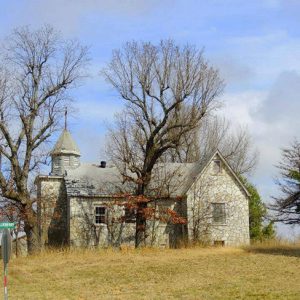 Cord Church
Cord Church
Entry Category: Religion
 Cord Church
Cord Church
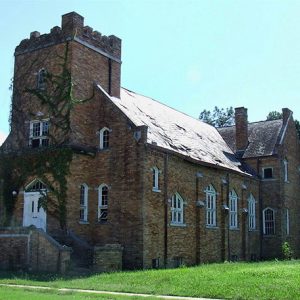 Cotton Plant Presbyterian
Cotton Plant Presbyterian
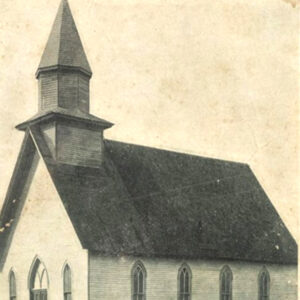 Cotton Plant Church
Cotton Plant Church
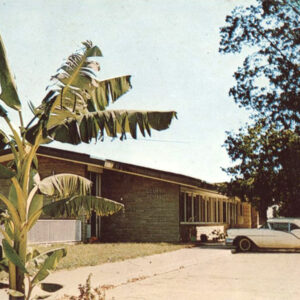 Coury House
Coury House
Covenant, the Sword and the Arm of the Lord
Cowboy Churches
Crisis Pregnancy Centers
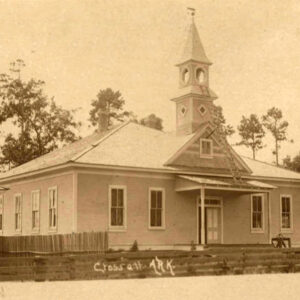 Crossett Church
Crossett Church
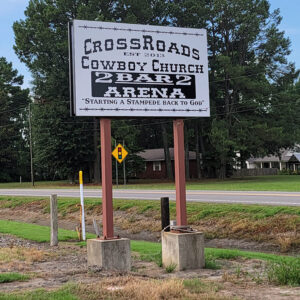 Crossroads Church Sign
Crossroads Church Sign
 Crossroads Cowboy Church
Crossroads Cowboy Church
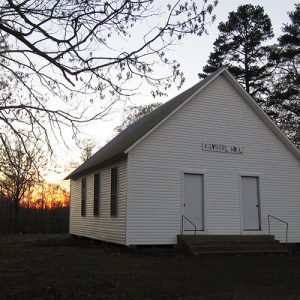 Crystal Hill Church
Crystal Hill Church
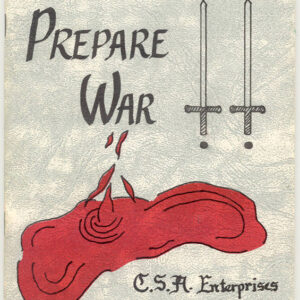 CSA Booklet
CSA Booklet
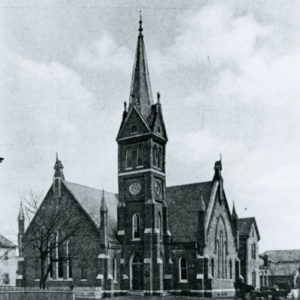 Cumberland Presbyterian Church
Cumberland Presbyterian Church
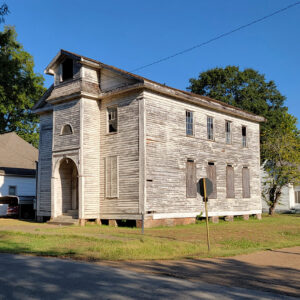 Cumberland Presbyterian Church
Cumberland Presbyterian Church
Cumberland Presbyterians
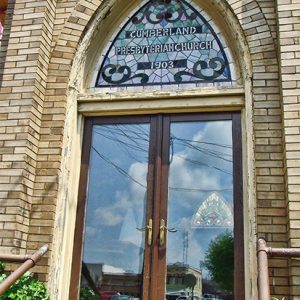 Cumberland Presbyterian Church
Cumberland Presbyterian Church
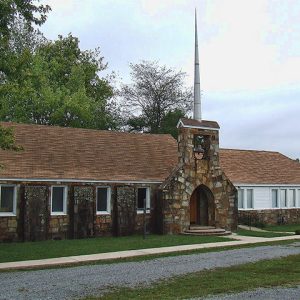 Damascus United Methodist
Damascus United Methodist
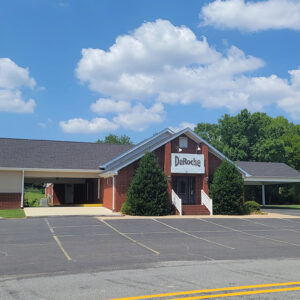 DeRoche Church
DeRoche Church
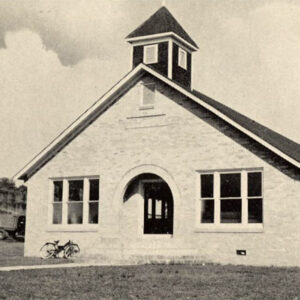 Dierks Church
Dierks Church
Doke, “Preacher”
aka: Nathaniel Mattox Doke
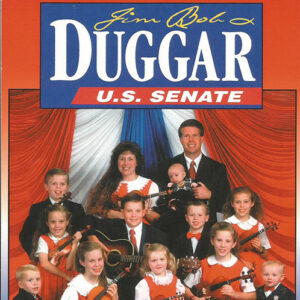 Duggar Campaign
Duggar Campaign
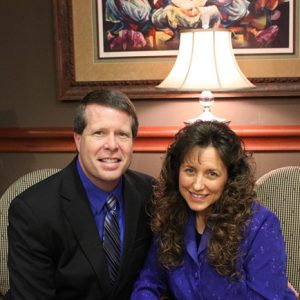 Jim Bob and Michelle Duggar
Jim Bob and Michelle Duggar
 Duggar Senate Campaign
Duggar Senate Campaign
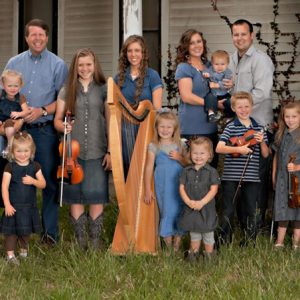 Duggar Family
Duggar Family
Duggar Family
aka: 19 and Counting [Television Show]
aka: Counting On [Television Show]
 Josh Duggar Mugshot
Josh Duggar Mugshot
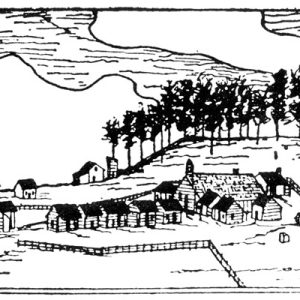 Dwight Mission
Dwight Mission
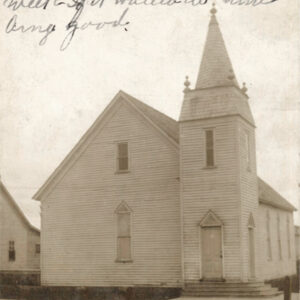 Earle Baptist Church
Earle Baptist Church
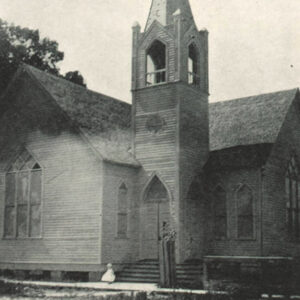 Earle Church
Earle Church
Ecclesia College
Ecumenical Catholic Communion (ECC)
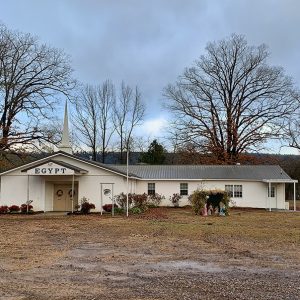 Egypt Freewill Baptist Church
Egypt Freewill Baptist Church
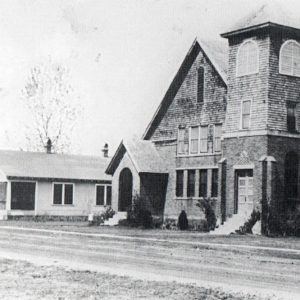 Elaine Methodist Church
Elaine Methodist Church
Elna M. Smith Foundation
aka: Five Sacred Projects
aka: Sacred Projects
Emmet United Methodist Church
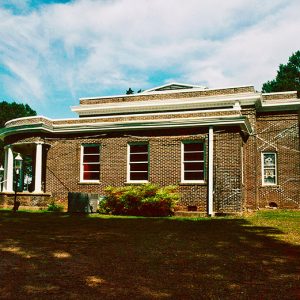 Emmet United Methodist Church
Emmet United Methodist Church
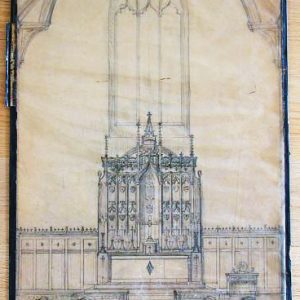 Episcopal Church Chancel Drawing
Episcopal Church Chancel Drawing
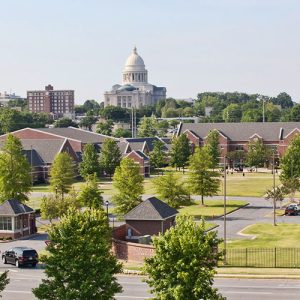 Episcopal Collegiate School
Episcopal Collegiate School
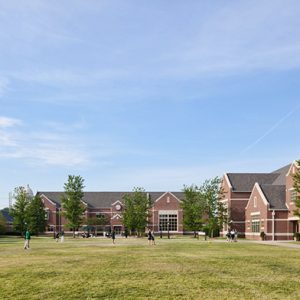 Episcopal Collegiate School
Episcopal Collegiate School
Episcopal Collegiate School
Episcopalians
Faith Voices Arkansas
aka: Arkansas Interfaith Alliance
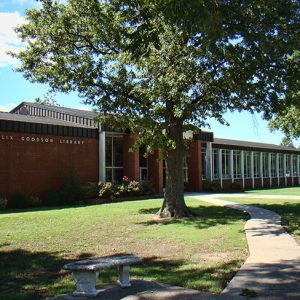 Felix Goodson Library
Felix Goodson Library
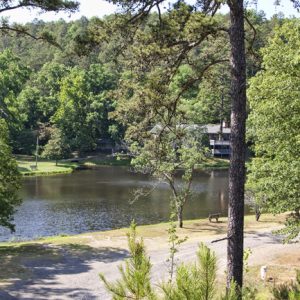 Ferncliff Camp
Ferncliff Camp
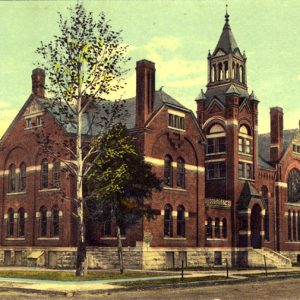 First Baptist Church
First Baptist Church
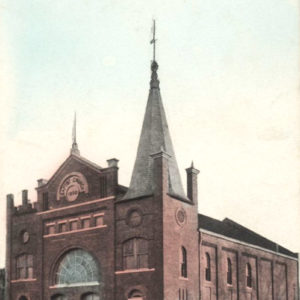 First Baptist Church
First Baptist Church
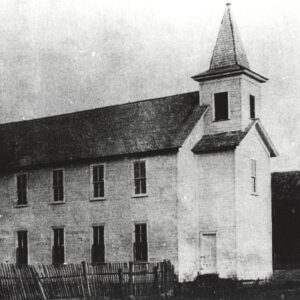 First Baptist Church
First Baptist Church
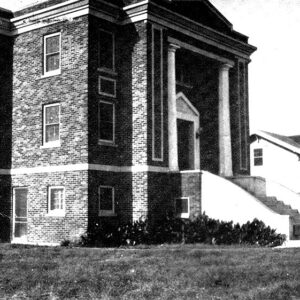 First Baptist Church
First Baptist Church
First Baptist Church (Little Rock)
aka: EMOBA
aka: Museum of Black Arkansans and Performing Arts Center
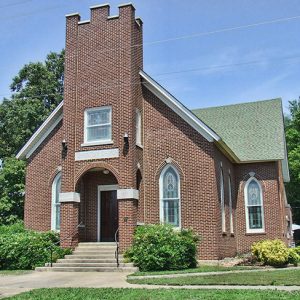 First Christian Church
First Christian Church




